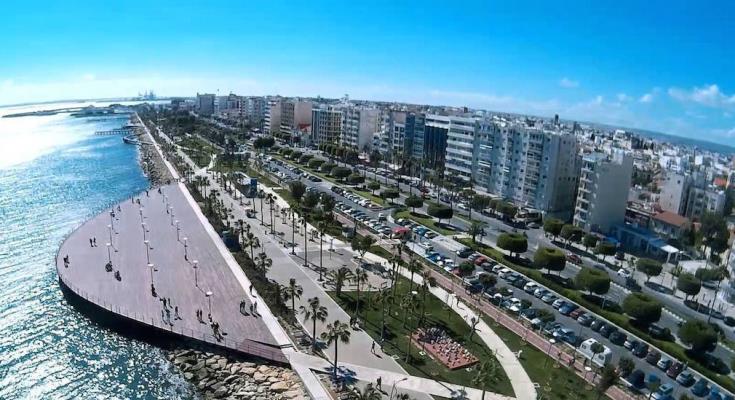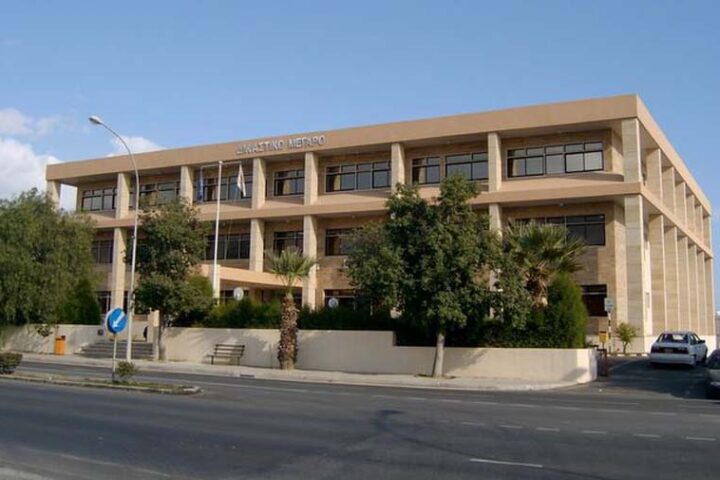Despite high inflation, Cyprus’ property market has maintained solid growth during 2022, thanks to demographic changes through high-tech companies and Ukrainian refugees fleeing Russia’s invasion, say real estate analysts.
In comments to the Financial Mirror, PwC Partner Cyprus, Constantinos Savvides said the market’s growth last year was down to an influx of foreign high-tech employees relocating to Cyprus and Ukrainian refugees.
According to PwC’s in-depth analysis, the total value of Cyprus’ real estate transactions reached a record-high of €5.2 bln in 2022, recording an annual increase of 27%.
Properties transacted reached 22,500, up 12% from the previous year, surpassing pre-pandemic 2019 levels by 31%.
In 2022, the government introduced incentives for companies of foreign interests to establish headquarters or a base in Cyprus, relocating operations and staff.
“According to the European Commission report, more than 1,000 foreign companies chose to relocate their operations to Cyprus during the year, together with 9,000 employees, which would roughly translate to 25,000 people, if you include their families,” said Savvides.
He added that thousands of Ukrainian refugees fleeing the war had pushed the number of foreign nationals settling in recent years.
At least 17,000 Ukrainians have sought refuge in Cyprus since the war started in February 2022.
“The positive impacts from this continuous demographic shift are apparent to the observed levels of demand in the real estate transaction and rental markets.
Savvides argued it would trigger widespread direct positive effects on the Cyprus economy.
“These are people who contribute to the real economy by renting and buying property, shopping at the local markets and eating at local restaurants.”
He said demographic changes were behind the sector’s recovery, with foreign nationals eyeing mostly apartments in Limassol and Paphos.
During 2022, 5,928 properties across Cyprus were acquired by foreigners (in terms of sale contracts filed) compared to 3,691 properties in 2021, representing a 61% increase.
Approximately 57% of properties acquired by foreigners during 2022 relate to non-EU buyers (2021: 50%, 2020: 61%).
All Cyprus districts recorded YoY increases in the number of properties acquired by foreigners, with Paphos and Limassol experiencing the most notable increases (79% and 78%, respectively), followed by Larnaca (55%).
Sale contracts filed by foreigners in all districts, except for Famagusta (a drop of 5%), exceeded pre-pandemic (2019) levels, with Limassol and Larnaca notably recording 68% and 60% increases, respectively.
According to Land Registry data, Limassol, Larnaca, and Paphos experienced notable double-digit increases in sale contracts filed (40%, 43% and 58%, respectively) compared to 2021.
Nicosia stable
During the same period, annual sales in Nicosia and Famagusta remained relatively stable.
“Undoubtedly, the driving force of the market relates to apartments with demand mainly fuelled by a growing appetite from companies of foreign interests to relocate their operations and staff, mainly in coastal areas,” said Savvides.
A resilient domestic segment further supported demand.
In total, 9,000 apartments were transacted during 2022, compared to 7,000 during 2021, recording a 29% increase.
The value of transactions reached €2.1bn in 2022, compared to €1.5bn during 2021, recording a 42% increase.
Savvides said if Cyprus wants to continue reaping the fruit of the growth of the real estate sector, authorities need to improve weaknesses in the island’s social infrastructure.
“These people have a lot to offer the island and its economy, but unfortunately, the system does not seem ready to accommodate them and their needs”.
Savvides explained that Cyprus would need to invest in schools that cater to the children of the families relocating to Cyprus, while the healthcare system will need a boost.
“Investments will need to be made in the education and the health system, along with designing a public transport network.
“These may seem secondary but are crucial if we want to retain our reputation as an attractive destination for business”.










